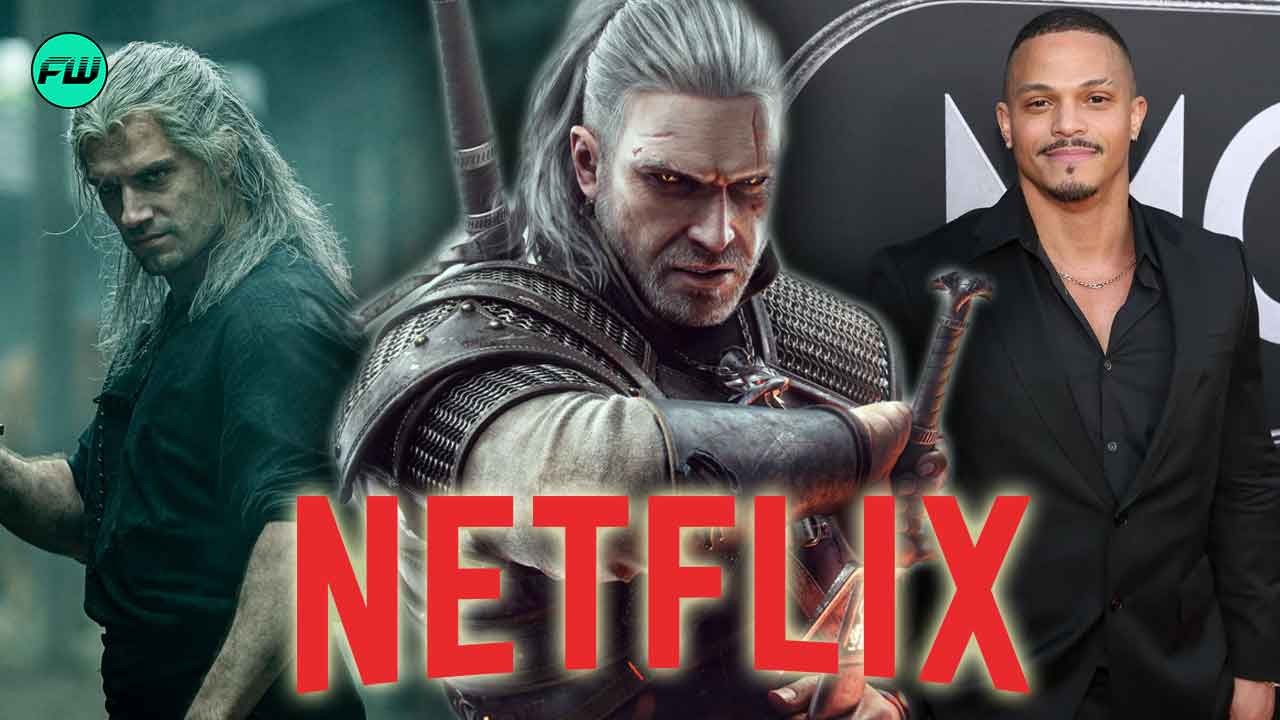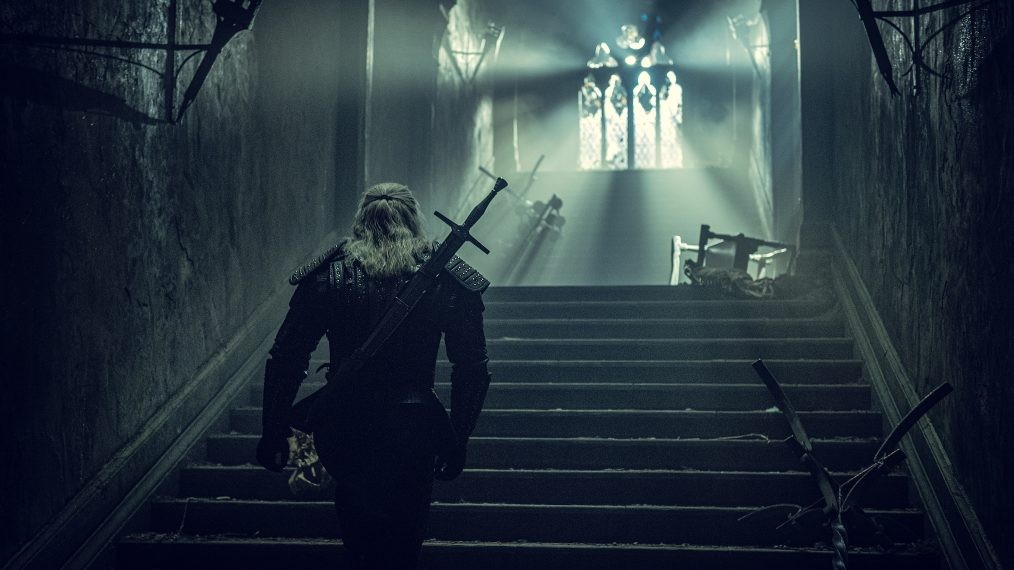In the recent era of short discourses, instant news, and a deluge of information feeding and haunting the public consciousness, popular culture has never remained this immersed in a specific subject as the 2022 drama surrounding Henry Cavill. The Superman actor has essentially become a kryptonite himself for the world of film and television, although by no fault of his own. What started off as a great year with promises of The Witcher going strong as ever and rumors of a Man of Steel 2 soon ended up failing to deliver either and Henry Cavill quitting both.
As the actor moves forward in search of greener pastures at Amazon and leaves the messy past behind, we examine a few events that have shaken up the media in the past few months, and also the working strategies of studios behind the scenes that caused their headlining actor and Hollywood’s most in-demand star to call it quits.
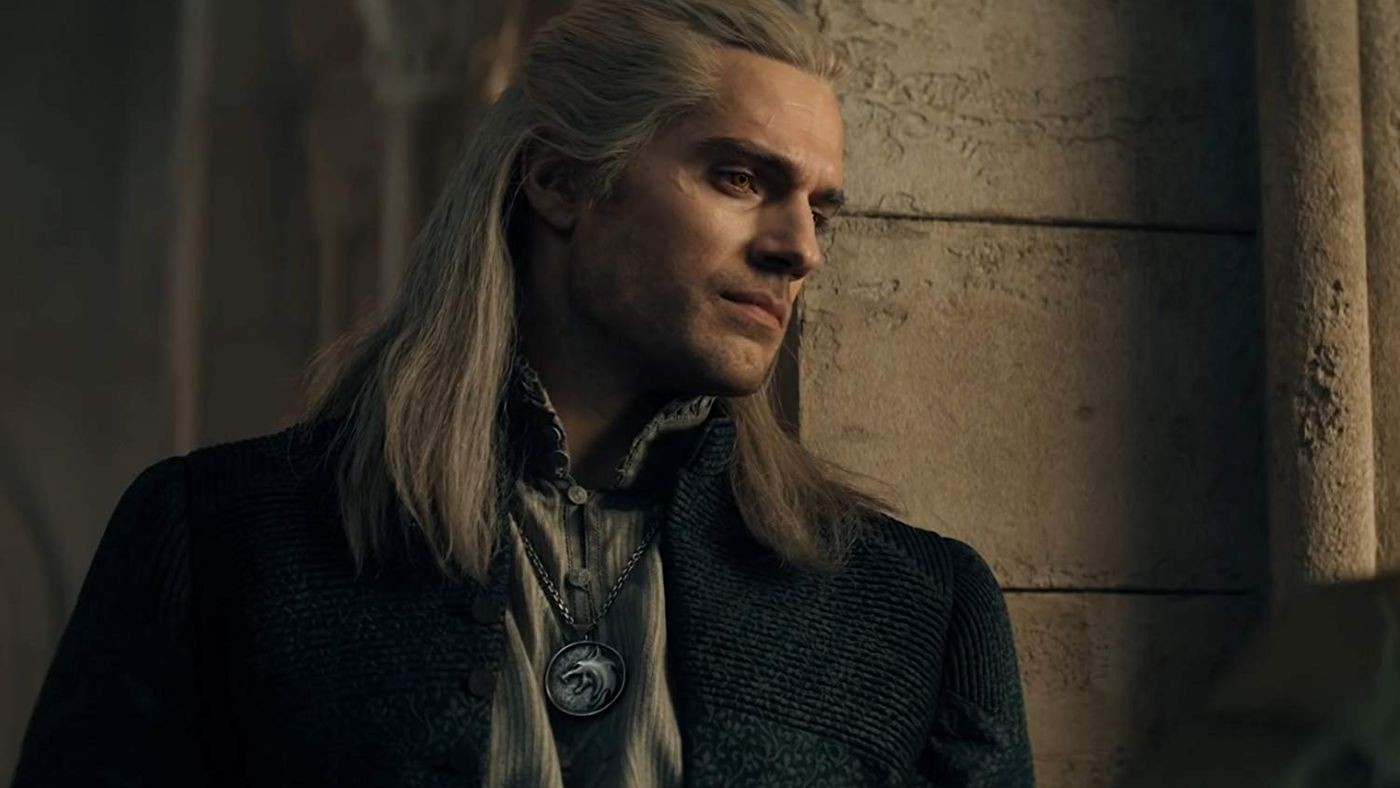
Henry Cavill Fails to Keep His 7-Season Deal With Netflix
When Henry Cavill was cast in Netflix’s live-action adaptation of Andrzej Sapkowski’s The Witcher novels, it was the accumulated culmination of several factors ranging from Cavill’s established fame as Superman to popular media’s sudden uptake of adapting books and video games to live-action projects. But the biggest contributing factor had to be Cavill’s love for The Witcher novel and gaming series and his vocal advocacy for a live-action adaptation of Sapkowski’s body of work.
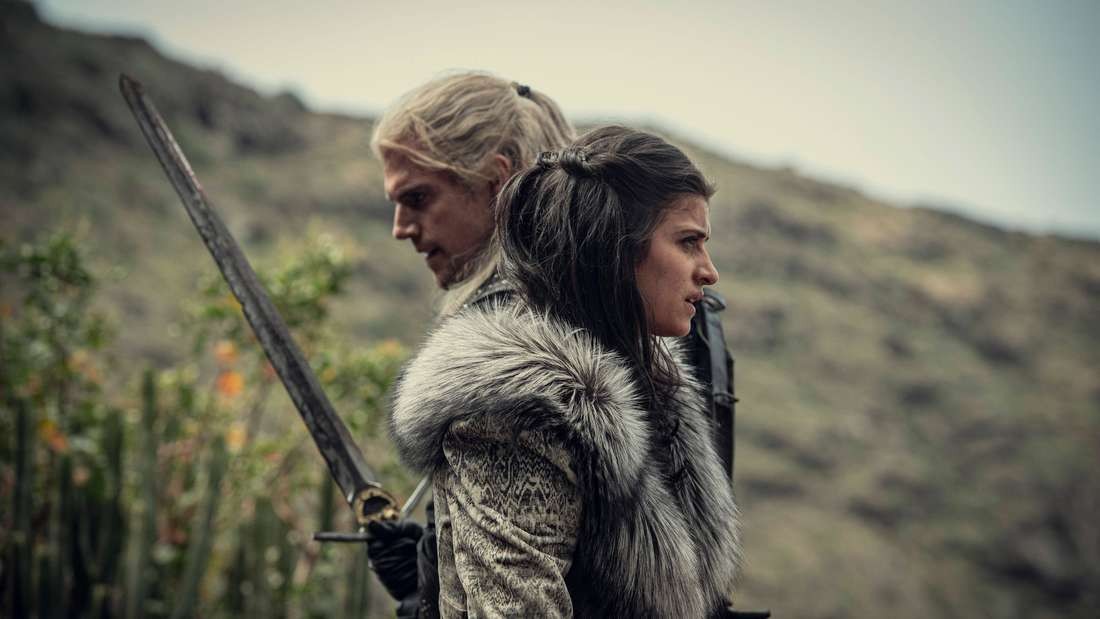
It was only right that a fan of the caliber of Henry Cavill who not only understood the genre but looked the part and would be able to do it justice because of his knowledge of The Witcher would be cast as Geralt of Rivia. The 7-season deal that was negotiated in the aftermath was news of great comfort and delight to the audience. But the sole condition that stayed as a constant factor to judge The Witcher‘s success by was whether it was being true to the source material.
Henry Cavill and Beau DeMayo’s Troubles With The Witcher
Henry Cavill and Beau DeMayo were both vocal supporters of the source work and wanted it to be respected as such in the Netflix adaptation. According to insider sources, their “golden rule” was that the writers’ room would have to be constituted by fans of the game, and understandably so. But the writers had allegedly “actively disliked” Sapkowski’s work, according to DeMayo, and were intending to deviate massively from the source and its corresponding mythology in the upcoming seasons.
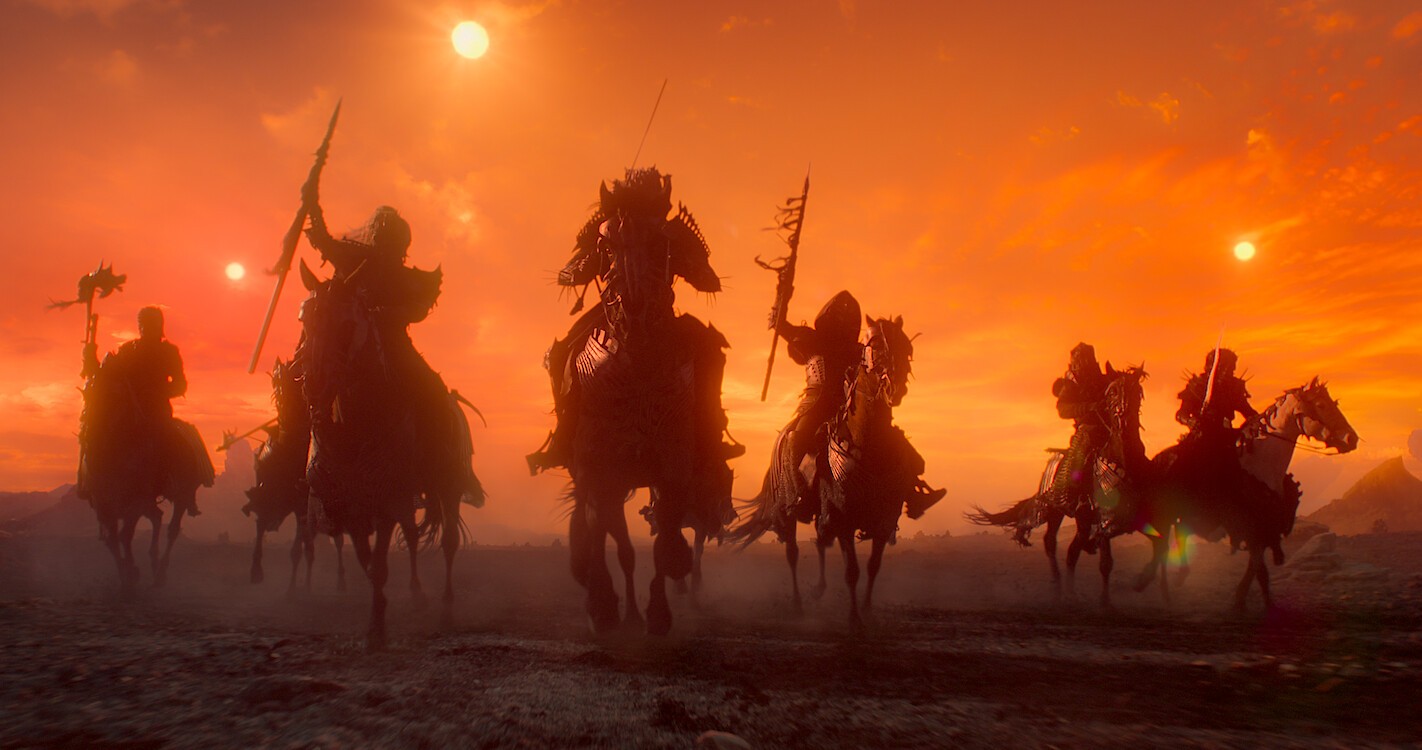
Seeing how that theory resulted in the poor and critically bad reception of Season 2, it was no wonder that Henry Cavill was left dejected and dissatisfied with his Netflix career and wanted to pursue something that would honor an original work instead of dissecting and ruining it. About the exit, close followers of the drama’s unfolding have claimed,
“If they want to change the already well written lore, then good luck in getting the hardcore fans (most of which are gamers) to get onboard, it will be their downfall, this goes for any and all well loved franchises, if it isn’t broke then don’t fix it.”
Henry Cavill’s eventual exit (whether a resignation or a firing remains unknown) was the cause of his insistence on sticking close to the source and considering how the producers, writers, and the lead actor of The Witcher franchise couldn’t come to a unanimous agreement on the matter, it left the executives with the only option of recasting Geralt with someone who wouldn’t have a problem with the digressive arc of the series.
The Witcher is available for streaming on Netflix.

